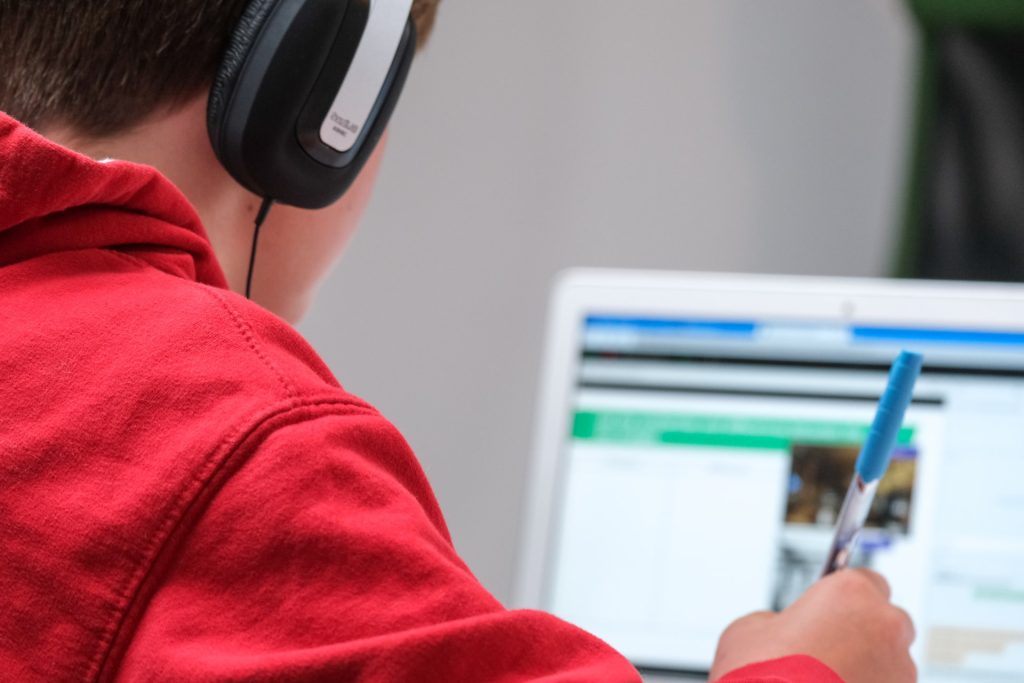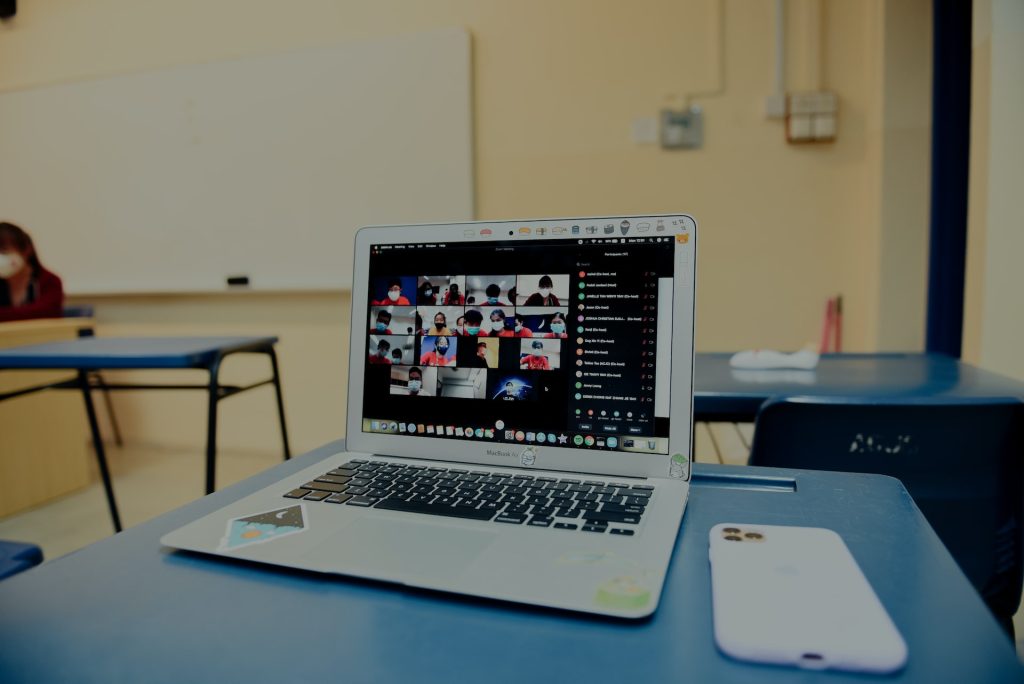
Productivity is one of the hottest topics at the moment. Many students struggle to focus and put off their tasks until the very last minute. And the rise of distance learning has only made this problem more acute. During a personal meeting with a professor, one might feel a certain responsibility, especially when a tutor gives them a stare. But on zoom calls, you can be on your phone all you want without a care in the world.
If you’ve found yourself in a situation where you’ve pushed a deadline as far as it could go and the paper has not even been started, consider googling ‘write an essay for me‘ or something similar. Professional writers can get you out of any predicament as you learn to be more productive in the future.
In this article, we will give you some tips, tricks, and life hacks to become more productive and procrastinate less.

Zoning Makes a Difference
A designated workplace is a must for someone studying from home. Having a dedicated space for studying can help you focus and avoid distractions. This is simply how our brain works. It associates a certain place with a process that is often done in it. Hence, if you only sleep in your bed, you will have less trouble falling asleep. And if you tend to eat in it, you might get hungry once you’re in bed.
Make sure your workspace is comfortable, well-lit, and free from clutter. Natural light has been shown to improve mood and cognitive function, leading to increased productivity and creativity. Apart from that, using natural light instead of artificial can save energy and reduce your carbon footprint.
Before you sit down to study, clean up. Make sure nothing distracts you: you don’t want to mindlessly click your pen or read a magazine that just happens to be at your desk. A clean desk with only the most essential items on it will make sure you stay focused for longer. And having a ritual like cleaning up before you study will make your brain associate the two events, turning on the productive mode once you sit down.
Mute Notifications
Our phones must be the biggest distraction factor. How many times have you opened TikTok just to look at a few videos and ended up scrolling for hours? An average person receives about 50 notifications per day. Most of them come in the daytime and one by one. If you react to each and every one of them, you will hardly get any work done.
That’s why you should take advantage of focus apps or your phone’s functions. If you have an iPhone, you can use Focus or Work mode, which will automatically block all notifications. You can also manage the setting to make sure you don’t miss anything important, say, a work email or a call from your mom.
If your phone doesn’t have an in-built productivity tool, you can use one of the many apps for that purpose. Below, you’ll find some of the most popular ones:
- Forest;
- Pomodoro;
- Tide;
- Todoist;
- Evernote.
Take Regular Breaks
Your brain cannot keep working non-stop, regardless of how much you push it. If you keep studying all through the night before the exam, chances are, you won’t remember much. You might get lucky, of course; we have all pulled all-nighters and managed to pass a test. But it’s not a sustainable strategy.
Instead of pushing yourself to the limit, take regular breaks. When you take a break, your brain continues to process the information you’ve learned, which can help you remember it better in the long run.
As you study, use the Pomodoro technique or set intervals you are more comfortable with. Just make sure that you’re not on your phone the entire time. It’s better to stretch, look out the window to relax your eye muscles, or get a snack.
Regular breaks will also help you prevent burnout. If you study all the time, pushing yourself to the limit, you might end up mentally and emotionally exhausted. Taking breaks can help prevent burnout and keep you feeling fresh and energized.
Stay Organized
When you’re always running around chasing professors, asking for deadline extensions, or simply forgetting when a paper is due, it adds to the stress. It might even make you less motivated to study, and professors might also think less of you.
On the other hand, keeping track of your assignments, deadlines, and study materials will help you stay on top of your work and avoid last-minute rushes to finish projects. Sure, it’s easier said than done, but it does make a difference.
If you’ve never been good at keeping track of your tasks, this is a good time to start learning. First, create a schedule of your classes, deadlines, tests, etc. It’s great to also include a professor’s name and email in the schedule to skip the embarrassment later.
You might want to use a physical planner because when we write information down, we memorize it better. If the planner has dates, it’ll be even easier to write things down and keep track of them. An app or a calendar on your phone can go as an additional measure. Set notifications one week and one day prior to an important event, like a test.
Once you get into an organized mode, try to stay on top of your schedule. Complete tasks as soon as they are assigned, or at least before the deadline. Handing papers in earlier will also give you more time for revisions, if necessary, and give you some cookie points in the professor’s eyes.
Wrapping Up
Overall, the key to being productive while studying from home is to find a balance between staying focused and taking care of yourself. By creating a comfortable workspace, setting a schedule, and taking regular breaks, you can increase your productivity and get the most out of your study time.
